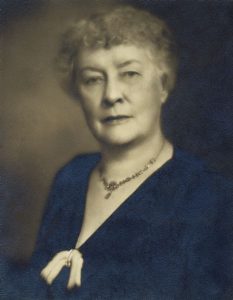From Immigration to Executive Orders to Judicial Review: Miracle or Not?
 [The following guest post is from Jacques Condon, the alumni guest blogger for October 2016.] In the movie Die Hard, an enterprising police office played by Bruce Willis thwarts a large-scale robbery attempt (of, all things, bearer bonds). He does it barefoot, and clandestinely. But he also has aid from outside law enforcement which, unwittingly, is also used by the bad guys to their advantage. According to the lead bad guy, played by Alan Rickman, when asked what miracle will crack the safe to expose its riches, he responds: “You asked for miracles, Theo, I give you the F.B.I.”
[The following guest post is from Jacques Condon, the alumni guest blogger for October 2016.] In the movie Die Hard, an enterprising police office played by Bruce Willis thwarts a large-scale robbery attempt (of, all things, bearer bonds). He does it barefoot, and clandestinely. But he also has aid from outside law enforcement which, unwittingly, is also used by the bad guys to their advantage. According to the lead bad guy, played by Alan Rickman, when asked what miracle will crack the safe to expose its riches, he responds: “You asked for miracles, Theo, I give you the F.B.I.”
The Die Hard “miracle” is rolled out for full entertainment value, and, to be sure, even Hollywood miracles that can be traced to non-fiction are sometimes hidden by the misnomers of “Based on a True Story” or “Taken From Real Events,” which allow for artistic license.
Yet this same point — the artistry of miracles — continually shows up in explaining and describing judicial rhetoric.
Nowhere has this been more than in the sound bites surrounding the President’s executive order on immigration.

